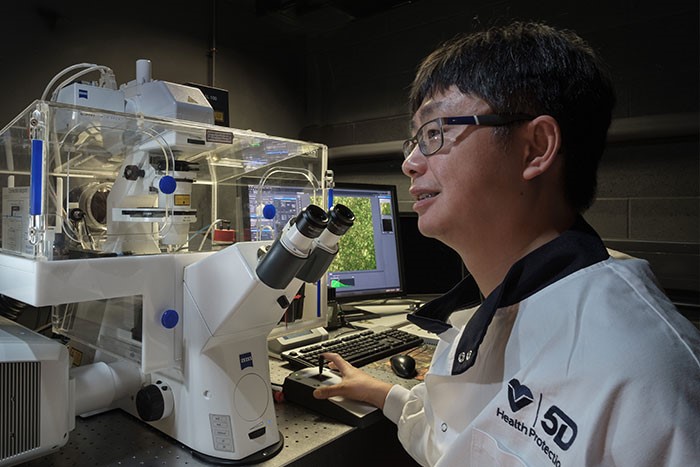Global Virology and Antiviral Testing Services
5D perform antiviral testing utilising in vitro models only. Virucidal efficacy testing can be carried out in a range of in vitro models. 5D Standard models that are employed to evaluate the efficacy of antimicrobials on viruses include suspension tests and hard surface carrier tests. Methods employed involve using neutral red assays, microscopic cytopathic effects (CPE) assays and virus yield reduction assays to name but a few. These and a variety of further methods are used routinely to evaluate products, such as household and industrial disinfectants and medical devices.
In addition to evaluating the efficacy of actives on viruses 5D also offer viral barrier testing for wound dressing evaluation and for testing materials that are being evaluated during the selection and innovation of new medical devices.



































